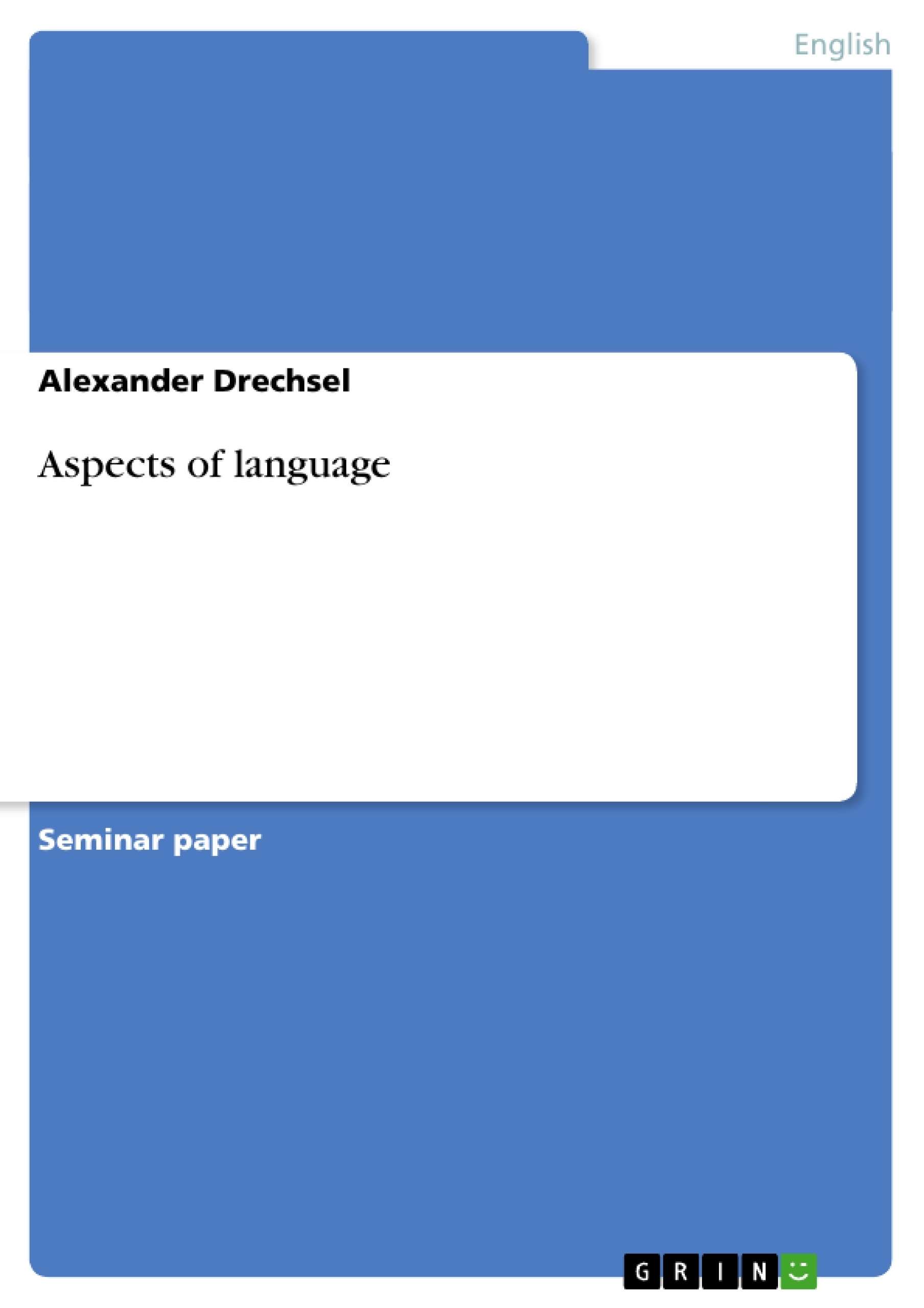Have you ever considered the profound influence language wields, shaping not only our communication but also our culture, identity, and even our perception of reality? This insightful exploration delves into the multifaceted world of the English language, tracing its historical evolution from its humble beginnings to its current status as a global lingua franca. Discover how the tides of history, from Roman conquests to Anglo-Saxon settlements, have shaped the very structure and character of English. Unravel the intricate tapestry of sociolinguistics, examining how language varieties emerge and reflect social dynamics, power structures, and cultural nuances. Gain a deeper understanding of the subtle yet potent ways language can be used to influence, persuade, and even manipulate, as illustrated by examples ranging from political "media spin" to the dystopian world of George Orwell's "1984." Explore the critical role language plays in shaping political landscapes, particularly in processes like devolution, and its impact on social change. More than just a guide to grammar and vocabulary, this book offers a captivating journey into the heart of language, revealing its power to connect, divide, and ultimately define us. Perfect for language enthusiasts, students of linguistics, and anyone curious about the hidden forces that shape our world, this is a compelling investigation into the social aspects of language and the enduring impact of English as a world language. This book further examines intercultural competence, sociolinguistic technique, and its implications in conversations all over the world. It considers the importance of grammar, vocabulary, and phonetics. It also examines the importance of awareness of the language we use. It analyzes the role of language in culture and society. It is more than the study of words; it's a deep dive into our shared humanity.
Table of contents
Introduction
Historical development page 06 English as a world language page 08 Social aspects of language page 10 The power of language
Conclusion
Literature
Introduction
Language is an important part of culture, if not the most important one. Therefore I pick out this issue of the field of “Great Britain’s culture and style” which I already treated in my report.
The objective is to show that language is far more than just grammar, vocabulary and phonetics. This also aims at encouraging a certain awareness of the language we use and what effect it has, when we use it in a certain manner. A successful conversation requires more than grammatical and lexical knowledge: the so-called “intercultural competence” or “sociolinguistic technique”.
Thus, I start by giving a short overview of the history of the English language. This will show how it developed and which impacts there were – namely the invasions by Romans and Anglo-Saxons.
Subsequently I will try to explain how English became today’s lingua franca and how it obtained the authority that it has now. I shall also describe the present situation of this language all over the world and the varieties that came up.
As a consequence, certain social aspects of language and its varieties will be talked about. Not going too much into linguistic details, I want to introduce the reader very briefly into the field of sociolinguistics.
Finally, I will make some comments on the issue “power of language” and give essential examples: New Labour’s “media spin”, George Orwell’s “1984” and the role of language in the process of devolution.
The conclusion will resume the paper and provides a list of recommended literature used for this work.
Frequently asked questions
What is the main topic of this language preview?
This language preview focuses on the English language, exploring its historical development, its role as a global language, social aspects, and the power of language.
What are the main sections covered in this preview?
The main sections include an introduction, historical development of English, English as a world language, social aspects of language, the power of language, a conclusion, and a list of literature.
What is the objective of this preview?
The objective is to demonstrate that language is more than just grammar and vocabulary, and to encourage awareness of the effects of language use, including intercultural competence and sociolinguistic techniques.
What does the introduction cover?
The introduction explains the importance of language in culture and sets the stage for exploring various aspects of the English language.
What will be discussed regarding the historical development of English?
The preview will provide a brief overview of the history of the English language, highlighting the impacts of invasions by Romans and Anglo-Saxons.
How will English as a world language be addressed?
The preview will explain how English became a lingua franca, its global authority, its present situation worldwide, and the different varieties that have emerged.
What social aspects of language will be discussed?
The preview will briefly introduce the field of sociolinguistics and touch upon social aspects of language and its varieties, without delving into overly technical linguistic details.
What examples will be used to illustrate the "power of language"?
The preview will provide examples such as New Labour's "media spin," George Orwell's "1984," and the role of language in the process of devolution.
Does the preview contain a list of references?
Yes, the conclusion includes a list of recommended literature used for this work, enabling further research.
What does the preview aim to convey about language competence?
The preview underscores that a successful conversation requires more than just grammatical and lexical knowledge; it also necessitates "intercultural competence" or "sociolinguistic technique."
- Quote paper
- Alexander Drechsel (Author), 2001, Aspects of language, Munich, GRIN Verlag, https://www.grin.com/document/106980




